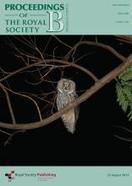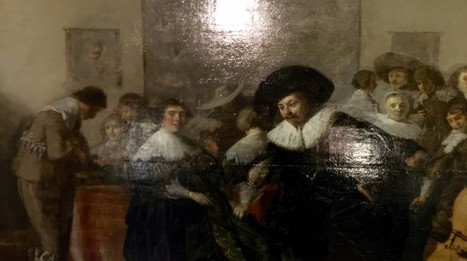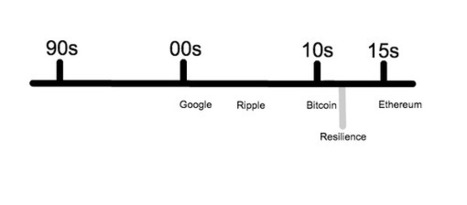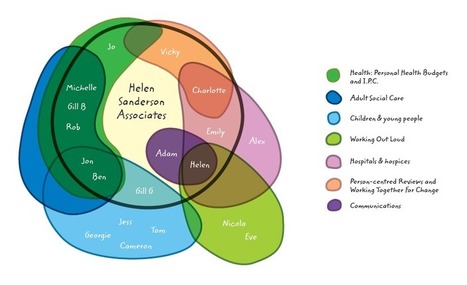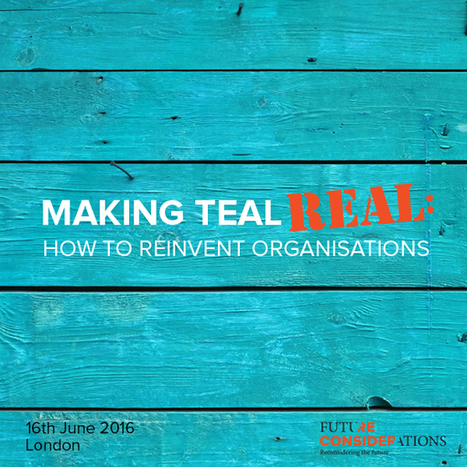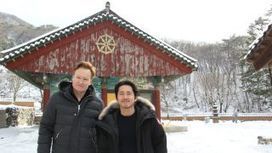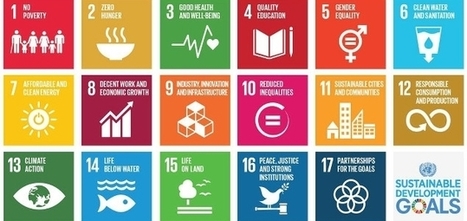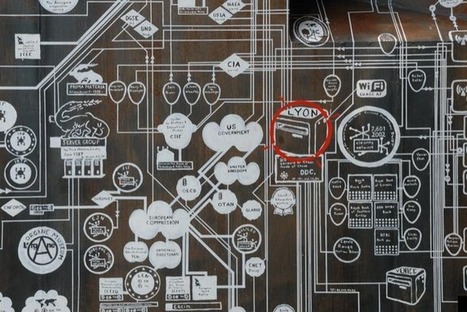The Internet of Communities (IoC) is a vision of a social Web willfully designed to maximize social engagement by introducing a new set of collective incentives. First, the IoC aims to explore how collective reputation can be used as a catalyst to regulate social interactions. Secondly, the IoC promotes internally rewarding incentives rooted in positive emotions and in reciprocity to spark social engagement without the prior need to mobilize financial assets. Collective reputation is chosen as a means for collective governance and internally rewarding incentives are chosen as the prime motive for action. Within this scheme, influence is more likely to shift to those who positively impact their communities, to those who lead by example, and to those who reciprocate with fairness. Grounded in personal fulfilment and in social empowerment, the IoC is therefore an attempt to actualize greater human, social and economic value from online communities. Read our white paper.



 Your new post is loading...
Your new post is loading...






